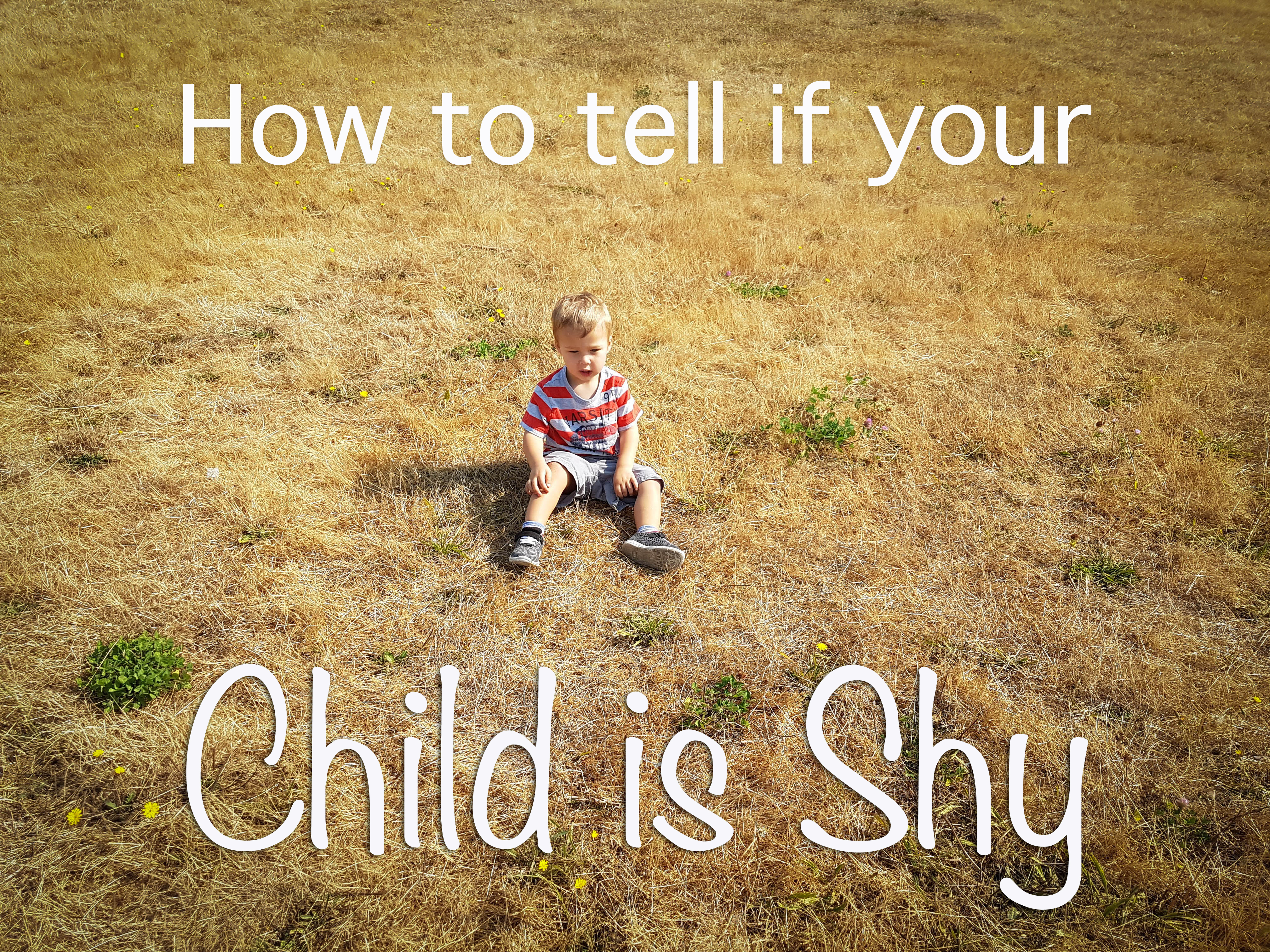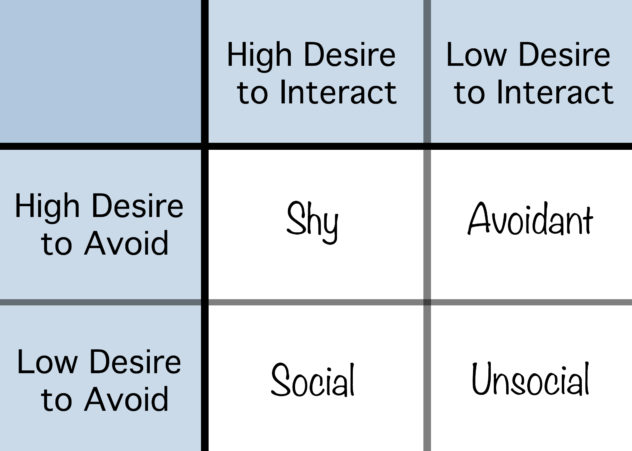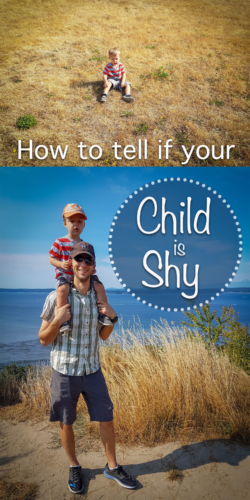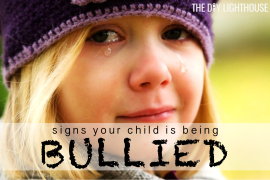If your child is often socially withdrawn, you’ve probably assumed they are shy. Did you know that there are actually three different types of social withdrawal though? We often lump these together and call anyone who seems withdrawn “shy.” Shyness is just one of the three types! And knowing which type your child is can be important for knowing how to help them navigate social situations.

How to Tell If Your Child is Shy
German psychologist Jens Asendorpf categorized social groups by how they fit within two opposing categories: desire to approach (or interact in) social situations and desire to avoid social situations.

Social people feel a strong desire to engage in social situations, and they don’t often feel a desire to avoid them. Avoidant people are the opposite: they don’t feel a strong desire to participate socially, and they really want to avoid social situations. Many people who are wrongly categorized as shy are actually avoidant.
To be shy, someone must feel two strong opposing forces: high desire to engage and high desire to avoid. They feel very conflicted about social situations: they really want to participate, but their body is telling them otherwise (heart beating fast, palms sweating, etc.). Most of us feel this way when speaking or performing in front of large groups of people. That doesn’t mean we’re all shy. Shy people feel this way most of the time. They both want and fear social interaction.
Avoidant people, on the other hand, don’t feel this conflict because they just simply don’t like many social situations and do their best to avoid them. Unsocial people don’t really care either way.
How to Respond if Your Child is Shy
It’s important to remember that their social discomfort is not their fault—they want to participate. Your job as their parent is to help them work up to social interactions and learn to cope with their very real, sometimes physical symptoms of conflict. Don’t throw them to the wolves—forcing them into social engagements that are too much too soon will likely not end well and only make their desire for avoidance stronger.
Start with smaller, safer interactions. Help them recognize their conflict. Go at their speed. Be encouraging but not demanding. Work up to bigger interactions and performances slowly.
For instance, if your shy child loves singing, don’t make them sing a solo in front of a large group of people to help them “get over” their shyness. They will likely never “get over” it—they can only learn to cope with it. Instead, maybe encourage them to sing in a quartet first, and then if that goes well maybe try a solo in front of a small, safe group of people. Successes will build their confidence and help them make incremental progress. Too much too soon can set them back.
We hope this helpful in understanding if your child is shy. We wish you the best of luck! If you have questions or comments, feel free to drop them in the comments section below.
Pin It For Later

 Ashley LeBaron is a Marriage, Family, and Human Development graduate student at Brigham Young University. She is preparing to be a professor and a mom. Ashley has published and presented research on topics such as emotional reconnection between spouses and how parents teach their kids about money. In her observation of families in 21 countries, she has found that family is where the greatest happiness and success is cultivated.
Ashley LeBaron is a Marriage, Family, and Human Development graduate student at Brigham Young University. She is preparing to be a professor and a mom. Ashley has published and presented research on topics such as emotional reconnection between spouses and how parents teach their kids about money. In her observation of families in 21 countries, she has found that family is where the greatest happiness and success is cultivated.
Other posts you might like


